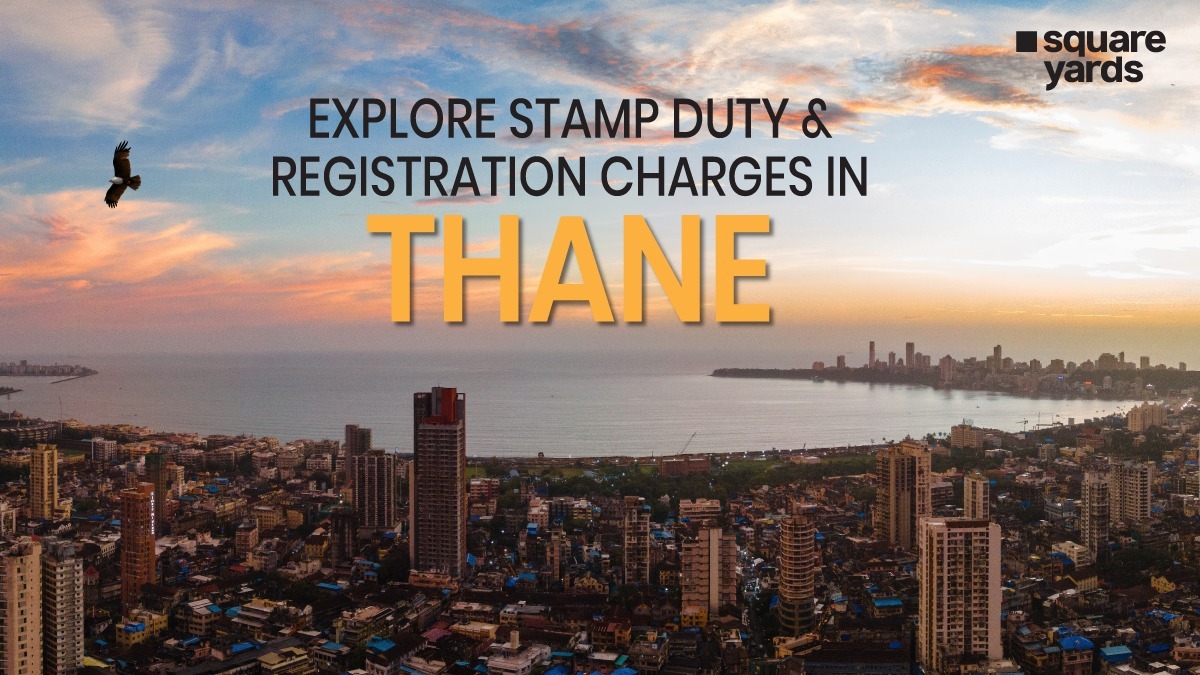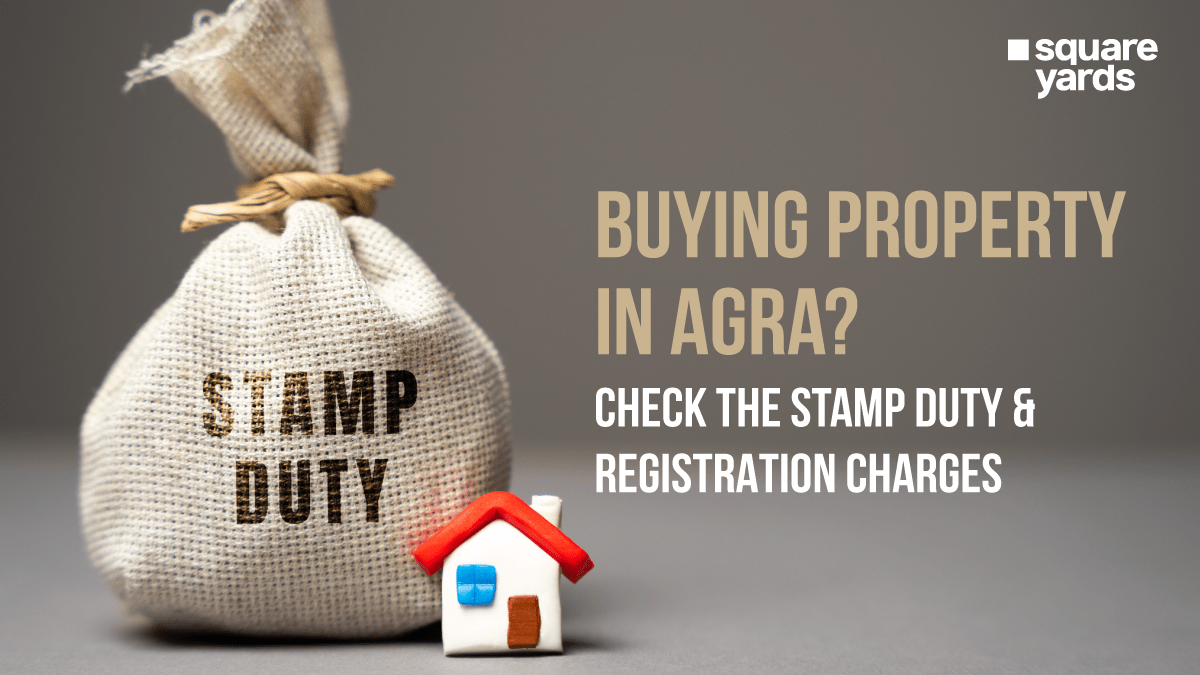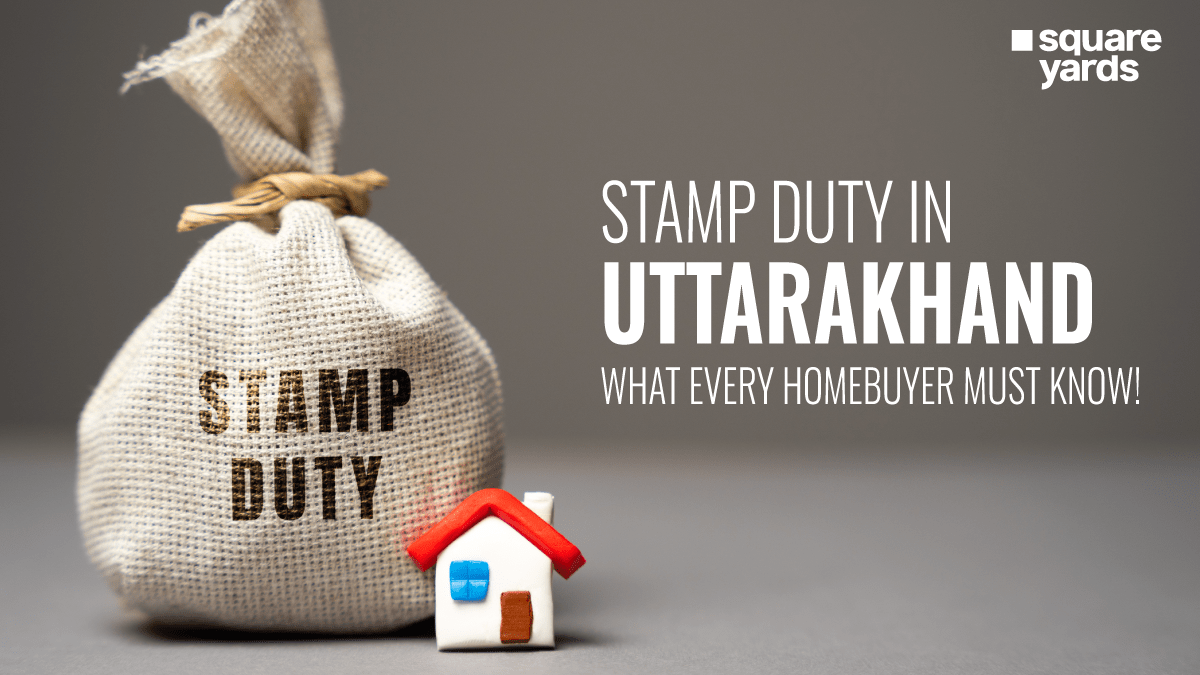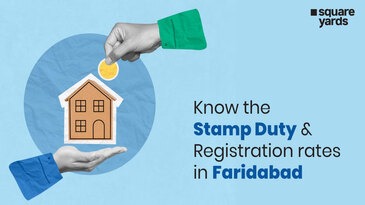The Indian Income Tax Act, of 1961 has several options to help everyone save some of their income from the income tax. And one of them is the Income Tax Rebate. You can use the different tax rebates to reduce the annual direct tax liabilities.
Note: You can claim the income tax rebate by filing the income tax on time.
It is because, in India, the income tax rebates are progressive and more income means higher direct taxes. Therefore, based on your taxes, you can easily save between Rs. 12,500 and Rs. 1.25 lakhs.
Moreover, many transactions eligible for tax rebates are usually long-term investment goals, financial safety for the family, mandatory education or home expenses or others. Read the complete blog to know the complete information about income tax rebate types, eligibility, and how it is calculated.
Table of contents
What is Income Tax Rebate?
The refund you are eligible for if the taxes paid by you surpass your tax liability is known as an Income tax rebate. For instance, if your tax liability is Rs. 20,000 and you have paid Government Rs. 27,000, you are eligible for an income tax rebate.
Simply put, you can avail yourself of a refund on income tax money at the end of every fiscal year if your tax liability is less than what you have paid. You simply have to file an Income Tax Rebate within the specified period for claiming the refund on income tax.
Types of Income Tax Rebates
There are multiple types of income tax rebates. Most of them fall under Sections 80C, and 80D and are related to long-term investments and expenses. Moreover, there is also a facility to claim other rebates for specific transactions and expenses.
Section 80C
- Section 80C helps lower taxpayers’ taxable income by Rs. 1 lakh.
- Up to Rs. 1 lakh can be deducted in a year.
- Under this article, PF is automatically deducted from your salary.
- Individuals and HUF members are eligible for the following investments and expenses under Section 80C:
- ELSS
- NSC, PPF, SCSS
- 5-year Bank FD
- 5-year Post Office
- Premium Life insurance
- Pension fund
- Home loan principal amount
- Registration for purchasing a house
- Stamp Duty for purchasing a house
- Education and Tuition fee for Children
Section 80D
- You can get an exemption under Section 80D if you pay any amount for your health insurance premium.
- You can get a tax deduction by submitting the documented proof to HR. The HR will adjust the amount while applying for TDS on your salary.
- However, if HR is not deducting any amount at the source, you can include it while filing your income tax.
Section 80TTA
- You can get a tax rebate on the interest earned from savings to account for up to Rs. 10,000 under this section.
- Any individual or member of HUF is eligible to claim this exemption.
- The savings account can be in a bank, post office, or cooperative society.
- There is no tax exemption for firms or any association of person or body of individuals.
Section 80EE
- You can avail income tax rebate on the interest you earned from a loan.
- Eligibility:
- The loan was sanctioned by financial institutions on 1st April 2013 and 31st March 2014.
- The loan amount must be Rs. 25 lakh or less, and the residential house is less than or is Rs. 40 lakh.
- The house bought must be the only house that the taxpayer owns at the same time as sanctioning the loan.
- Rs. 1 lakh is the maximum deduction under this section.
Section 54
- Any profit you earn while selling your residential property then it is taxable.
- However, if you have had the property for more than 3 years, it will be treated as long-term capital growth. This can benefit exemption.
- To be eligible for this exemption, you must buy another residential property within 2 years or before 1 year of the sale of the old property. By selling the old property, you can construct a residential property within 3 years.
- There is no bar on the extent of the tax exemption.
Section 24b
- The other name is Interest Tax Shield. It allows deductions on the interest amount on home loans.
- If you have borrowed a sum of money before 1st April 1999 for renovating, construction, purchasing property, repairs, or reconstruction, then up to Rs. 30,000 can be exempted.
- If the amount borrowed for purchasing a property or construction within 3 years from borrowing after 1st April 1999. then up to Rs. 1.5 lakh is exempted.
- Rs. 30,000 is exempted if there is a home loan for renewing or repairing after 1st April 1999.
- Rs. 30,000 is exempted if the house is constructed or bought three years after borrowing the money after 1st April 1999.
- You can claim the deduction on home loan interest in the same year that the home loan is payable, even if you don’t want to pay the complete interest in the same year.
- The ITR puts the deduction under the head income from house property when you file.
Section 80CCG
- The other name for this savings scheme is Rajiv Gandhi Equity Savings Scheme.
- If you have invested any amount in the shares using a Demat account and your income is less than Rs. 12,00,000, you can claim a 50% deduction.
- The maximum amount an individual can invest is Rs.50,000.
- Make sure the investment should be made in shares that are BSE, NSE, Maharatnas, Navratnas, and Miniratnas.
- Mutual funds and ETFs investing in the shares mentioned above are also eligible for tax exemptions.
- This tax rebate is not available for NRIs.
- Ensure to fill all the information in your Income Tax Return under this section.
Section 10(13A)
- People who pay rent are eligible for an income tax rebate under this section.
- You have to submit the rental receipt to your HR every fiscal year.
- If your rent is less than 10% of your salary, you won’t be eligible for any tax exemption.
- The maximum amount limit is the minimum of actual HRA when the actual rent is less than 10% or 40% of salary and 50% in the metros cities.
- Talk to your HR about making HRA equal to house rent or increasing your basic pay if your HRA is lower.
- You have to provide a rental receipt to HR so that they can apply for less TDS on your behalf.
Section 80DDB
- The amount spent on medical treatment (kidney failure, cancer, thalassaemia, etc.) can be deducted.
- The tax rebate is available for individuals and HUF residing in India.
- The actual expense or Rs. 40,000 can be claimed for a tax deduction, whichever is lower.
- You have to submit all the documents to your HR, which will help you apply less TDS to your salary.
Section 80GGC
- Any donation to any political party can be claimed for tax exemption. This section applies to non-corporate taxpayers.
- The political party you donate must be registered under Section 29A of the Representation of the People Act. Donations in cash are not acceptable.
- 100% donation can be claimed for deduction.
- This deduction is not applicable in salary TDS. You have to claim it while filing the income tax return.
Section 80DD
- Any amount spent on the well-being of any disabled person can be exempted from tax.
- You can get a deduction of Rs. 50,000 annually. However, if the disability is 80% or more, the limit becomes Rs. 1 lakh.
- You must submit the prescribed certificate to your HR and get the deduction on TDS.
Section 10(5)
- You can take tax breaks on your travel allowance under Section 10(5).
- The amount you spent on travelling or the leaves travel allowance can be claimed for deductions, whichever is lower.
- An income tax rebate can be claimed if you spend on total travel costs.
Section 80GG
People who don’t get tax exemption on the HRA of their salary are eligible to get an income tax rebate for the rent paid by the individual under section 80GG.
The following things can be claimed:
- Rs. 2,000 every month
- 25% of the entire income
- Here the actual rent is subtracted 10% from the total income
Section 54EC
- If you have invested an amount in specified bonds for the long term, you can claim for tax exemption.
- To avail of exemptions, you can invest up to Rs. 50 lakh in NHAI and REC bonds.
Section 80GGA
- All salaried individuals who donate to institutions involved in scientific activities, rural development, conserving nature, etc., are eligible to claim tax benefits.
- The deduction limit is 100% of the total amount donated. But the deduction is not applicable on salary TDs. Therefore, you have to include them while filing the returns.
Section 24a
- Any money earned from the house is treated as a separate income and will be deducted from the tax.
- There is a 30% flat rebate on the income from the house.
- For maintenance and repairs, there is no deduction. The income tax rebate is not applicable for houses that are lent out.
Section 80E
- The interest you pay on your education loan can be claimed for exemption.
- You have to give your education loan interest payment to your HR. The HR will fill out the form to deduct less TDS from your salary. All these are claimable in the ITR form.
Section 80U
- All disabled people residing in India are eligible to claim the deduction by owning a disability certificate.
- The deduction can be claimed for up to Rs.50,000 in a year. However, if the person is severely disabled, the limit is extended to Rs. 1 lakh.
- One can claim the deduction while filing income tax returns.
Section 54F
- All the amount earned after selling property, bonds, or shares is taxable and can be claimed for deductions from the invested amount.
- Your complete capital gain is also exempted completely as there is no limit. You just have to make sure to claim it during filing the income tax return.
Section 10(10D)
- The income you receive from any insurance policy is exempted from income tax.
- There is no bar for the maximum amount as any amount received is exempted from income tax. You can claim exemptions during filing your Income Tax Return.
Section 80CCF
- Any investments you made up to Rs. 20,000 in any infrastructure or bonds are qualified for additional deductions.
- The three long-term infrastructure bonds in this category are LIC, Infrastructure Development, Finance Corporation and IFCI.
Note: The discount has not been extended for 2012-2013.
- Individuals and HUFs are eligible to apply for such investments. However, they cannot claim income tax exemption.
How to Get a Tax Rebate in Income Tax?
As a resident Indian with a gross salary of less than Rs. 5 lakh, you qualified to be eligible for an income tax rebate under Section 87A. Further, in case of a mismatch in your income tax payment and tax liability, you can also claim your income tax rebate. You can also apply for a refund by filing your income tax returns at the end of every financial year. However, you can check your income tax refund status online.
How is the Income Tax Rebate Calculated?
To calculate your income tax rebate, you must know which income tax you fall in. To calculate your gross taxable income, you should add all your income sources and factors during the possible deductions.
Let’s understand the following example:
If your taxable gross income is less than Rs. 5 lakh annually, you must claim a tax rebate under Section 87A. As per Section 87A, you can claim a tax rebate of up to Rs. 12,500 through tax.
However, if your income is less than Rs. 5 lakh, you will be taxed as your slab falls in. But you are not qualified for a refund under Section 87A. A refund will be offered if you pay more than your tax liability. But you can still have tax deduction benefits under Section 80C, 80D etc.
Here are two individuals, one with a gross income of less than Rs. 5 lakh and one with more than Rs. 5 lakh.
| Particulars (for Tax) | 1st Individual | 2nd Individual |
| Annual Salary | 6 lakhs | 10 lakhs |
| Deductions declared | 1 lakh | 1.5 lakh |
| Taxable Gross Income | Rs 5 lakh | Rs 8.5 lakh |
| Slab for Income Tax | Rs 2.5 lakh – 5 lakh | Rs 5 lakh – 10 lakh |
| Tax Slab Rate | 5% | 20% |
| Tax Implication | Rs 12,500 | Rs 82,500 |
| Eligible for rebate u/s 87A | Yes | No |
| Rebate | Rs 12,500 | – |
| 4% Higher Education Cess | – | Rs 3300 |
| Complete Tax Liability | Rs 0 | Rs 85,800 |
| Net Payment of Income Tax | Rs 5000 | Rs 1 lakh |
| Minimum Income Tax Refund | Rs 5000 | Rs 14200 |
Here the tax liability of 1st individual is zero while 2nd individual will pay Rs. 85,800. The tax they paid was Rs. 5000 and Rs. 1,00,000 each as they were unaware of some tax deductions.
As for their tax liability, the 1st individual is zero while the 2nd individual has to pay Rs. 85,800. Therefore, when they file the tax, they pay Rs. 5000, and Rs. 1,00,000.
Eligibility to Claim Income Tax Rebate
Read the points below to know your eligibility for an income tax rebate by filing an ITR at the end of the fiscal year.
- You are an Indian citizen.
- Your gross income is less than 5 lakh rupees.
- One can claim an income tax rebate between Rs. 12,500 and Rs. 1.5 lakhs. Therefore, if your complete tax liability is below Rs. 12,500, you will be granted the complete amount as a rebate under Section 87A of the Income Tax Act, 1961.
Note: The income tax rebate claimed by you or any individual will be applied to their entire tax liability before the addition of 4% CESS.
Frequently Asked Questions (FAQs)
How much tax rebate can I get?
You can use Section 87 to lower your income tax amount. You can get a rebate of up to Rs. 12,500 if your taxable gross income is less than Rs. 5 lakh.
What is meant by tax rebates?
When you receive money back because you have paid too much tax is known as a tax rebate.
Can I claim both 80C and 80CCD?
No, it is impossible to claim the deductions again in Section 80C once they are claimed in 80CCD.













































